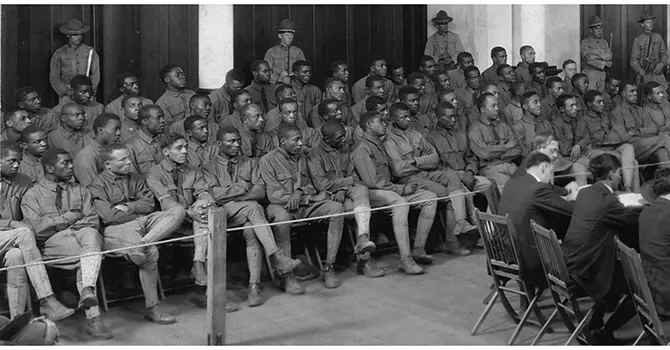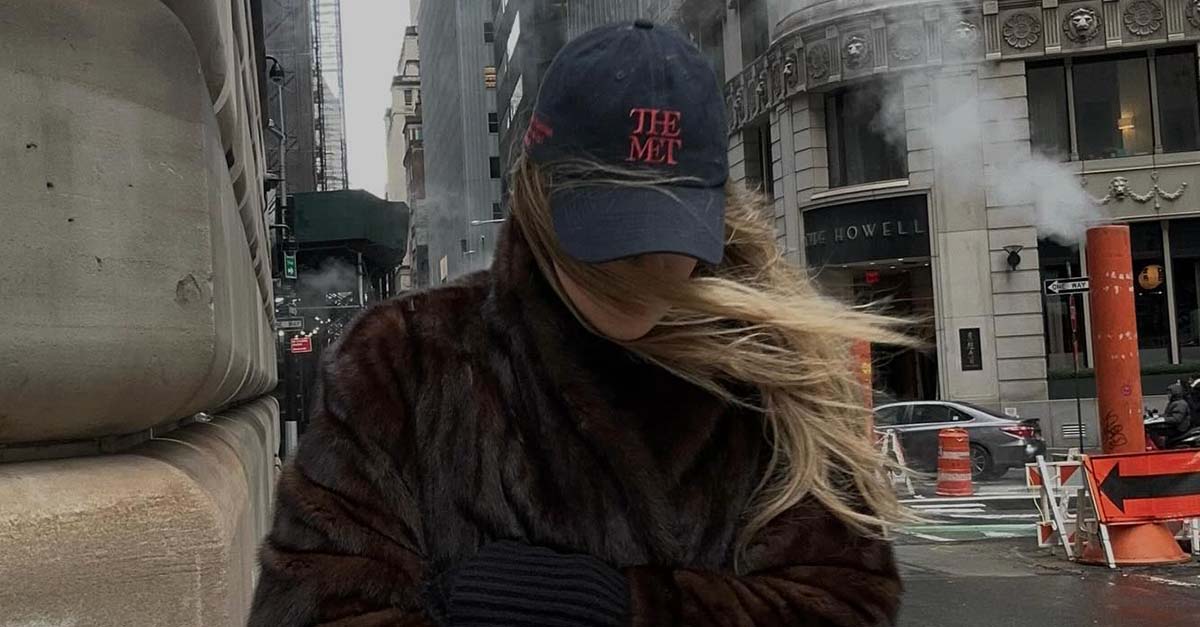
In an effort to acknowledge and rectify its past wrongs, the U.S. Army has reversed the convictions of 110 Black soldiers convicted of mutiny, assault, and murder in the largest trial in the history of the military.
At the Buffalo Soldier Museum in Houston on Monday, Army officials announced that historians found a lot of “irregularities” in the way charges were leveled against the Black soldiers who took part in the “Houston Riot” in 1917, according to Military.com. In response, the Army vacated the men’s convictions, and they’ll have honorable discharges on their records.
“The Army has worked very hard throughout its history to acknowledge mistakes and to correct them to become a better institution,” said Undersecretary of the Army Gabe Camarillo on Monday. “It’s that ongoing process of learning and growth that brings us here today.”
The “Houston Riot” was a violent incident sparked by racial hatred in Jim Crow-era Texas. The soldiers from the Third Battalion, 24th Infantry Regiment, marched into the city after police pistol-whipped and shot at a Black corporal Charles Baltimore, resulting in a brawl that claimed the lives of 19 people, including four African-American troops. Subsequently, the Black soldiers faced trial, with irregularities noted in the way charges were leveled against them.
Camarillo said the Black soldiers were tried months later and represented by a single officer who was not an attorney yet. In just two days, a court handed down the first conviction of 58, which resulted in 13 soldiers being executed. Within a year, 52 more convictions followed, and six more were executed.
During the ceremony on Monday, the names of all 110 people convicted were read aloud. Some of their descendants attended to witness the acknowledgment of the historical wrongs and celebrate the overturning and dismissal of their ancestors’ convictions. They may also be entitled to Department of Veterans Affairs Benefits not available to their relatives.
A descendant of Pfc. Thomas Hawkins, Attorney Jason Holt, also spoke and read the names of the first 13 service members who were hanged after being convicted.
“Today, a mortal blow has been dealt to the injustice of the master-slave relationship, such that 106 years later, the color of their skin was not a barrier to the fair dispensation of military jurisprudence, and we all here rejoice that their convictions were overturned and set aside,” Holt said.








